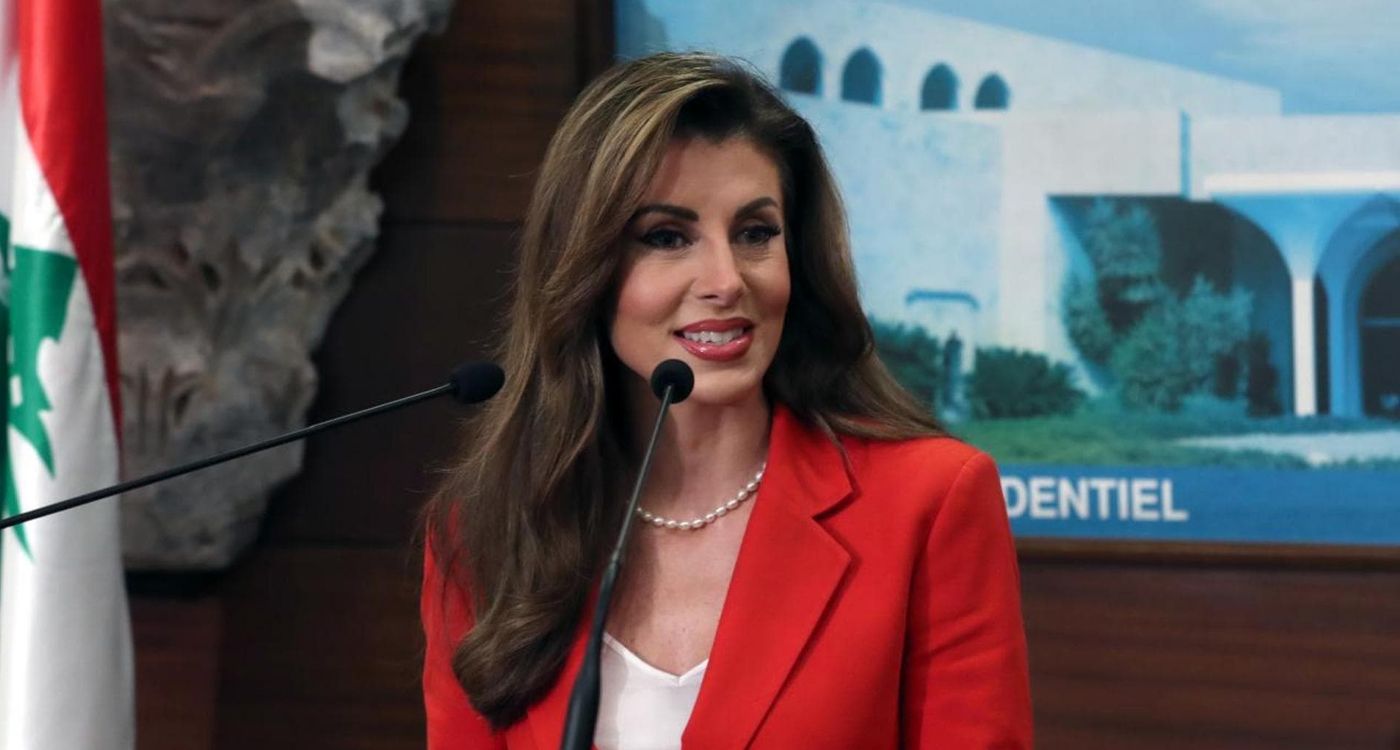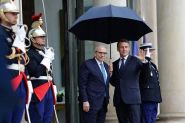
Morgan Ortagus, the U.S. Deputy Special Envoy for the Middle East, arrives in Beirut this Friday with a clear objective: to transform the status quo and usher in a new era of stability for Lebanon. A true strategist in American diplomacy, she carries a strong message from Washington aimed at resolving border disputes with Israel, encouraging the disarmament of Hezbollah, and laying the groundwork for lasting peace in the region.
A Firm Approach for a Sovereign Lebanon
Ortagus does not come empty-handed. Her plan is structured and pragmatic: Washington demands a concrete timeline for Hezbollah’s disarmament to ensure Lebanon’s sovereignty. Her vision is clear: a strong Lebanon can only exist with a fully operational national army, without militias operating outside state control.
While Lebanese President Joseph Aoun advocates for internal dialogue leading to gradual disarmament, Ortagus embodies the firm U.S. stance: immediate action is necessary to prevent further military escalation with Israel. Backed by Western powers, her mission is to accelerate this process by emphasizing the critical role of the Lebanese army in stabilizing the country.
Towards a Historic Peace Agreement with Israel?
Morgan Ortagus is not merely negotiating temporary solutions. Her ambition extends further: to initiate a normalization process between Lebanon and Israel. She will present a bold proposal—official discussions on a peace agreement.
While this prospect divides Lebanese political circles, it could represent an unprecedented economic and diplomatic opportunity. A rapprochement with Israel could pave the way for massive investments, energy cooperation, and a gradual recovery from Lebanon’s economic collapse. Ortagus focuses on structured dialogue, emphasizing that resolving border disputes is an essential first step toward gradual normalization.
A Strong Initiative: Expanding UNIFIL’s Mandate
Ortagus is also pushing a major proposal: extending the mandate of the United Nations Interim Force in Lebanon (UNIFIL) to cover the Lebanon-Syria border. Such a move would dismantle Hezbollah’s justification for maintaining its weapons due to the Syrian threat. Reinforced control over cross-border arms smuggling could thus deprive the militia of its main defense leverage.
This approach, supported by Washington, would mark a significant step forward in stabilizing the country and ensuring a broader international presence to maintain peace in the region.
A Volatile Context: Ortagus at the Heart of U.S. Strategy
Morgan Ortagus’s visit comes amid escalating tensions between Washington, Israel, and Iran. As Israeli airstrikes intensify against Hezbollah infrastructure, the U.S. is strengthening its maximum pressure strategy against Tehran. A Washington Post report even suggests a possible joint U.S.-Israeli strike on Iranian nuclear facilities in the coming months.
In this context, Ortagus emerges as a key figure in proactive American diplomacy. Her role is not just to negotiate but to create the conditions for a true strategic shift. Her energetic and determined approach could mark a decisive turning point in Lebanon’s history.
A Historic Opportunity to Seize
Morgan Ortagus arrives in Lebanon with a bold vision and a structured plan. She offers Lebanese leaders a unique chance to break free from deadlock: disarm Hezbollah, strengthen the national army, resolve border disputes, and ultimately consider normalizing relations with Israel.
The choice is now in the hands of Lebanese authorities: to continue enduring successive crises or to embrace a new chapter of hope and prosperity. One thing is certain: the Ortagus mission will not go unnoticed.



Comments